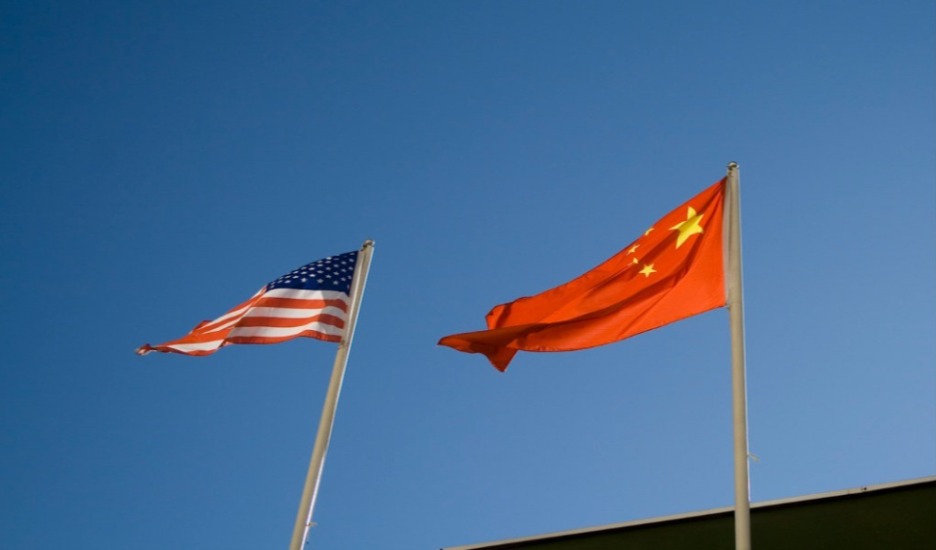Will France Turn to International Institutions in Response to the Attacks?
In the wake of yesterday’s terrible Paris attacks, will France turn to NATO or the UN Security Council for support? In the immediate aftermath of the September 11 attacks, those were the two most significant international organizations to react. France has incentives to turn to both, though its situation right now is dissimilar in important ways from the U.S. situation 14 years ago.

Published by The Lawfare Institute
in Cooperation With

In the wake of yesterday’s terrible Paris attacks, will France turn to NATO or the UN Security Council for support? In the immediate aftermath of the September 11 attacks, those were the two most significant international organizations to react. France has incentives to turn to both, though its situation right now is dissimilar in important ways from the U.S. situation 14 years ago.
Consider first NATO. As NATO’s former Supreme Allied Commander in Europe James Stavridis reminds us, the September 11 attacks prompted NATO to invoke Article V of the Treaty, which states that “[a]n armed attack against one or more of [the Parties] in Europe or North America shall be considered an attack against them all and consequently they agree that, if such an armed attack occurs, each of them, in exercise of the right of individual or collective self-defence recognised by Article 51 of the Charter of the United Nations, will assist the Party or Parties so attacked.” Invoking this article was significant because the author of the September 11 attacks was a non-state actor. After confirming that the September 11 attacks had originated from abroad, the North Atlantic Council determined to treat the attacks as covered by Article V.
The United States presumably sought NATO support for two reasons: legitimacy and pragmatism. First, being able to point to NATO’s conclusion that the United States had suffered an armed attack strengthened the U.S. argument that it had a right to use force in self-defense under U.N. Charter article 51 against a non-state group. Second, although the United States did not turn to NATO for military support for its initial operations in Afghanistan (which it and the UK conducted under Operation Enduring Freedom), NATO did subsequently assist in bringing stability first to Kabul and then to larger swaths of Afghanistan.
France is differently situated today. First, at this point many states clearly believe that a state can suffer an armed attack from and be in an armed conflict abroad with a non-state actor. Every state that participated in Operation Enduring Freedom in Afghanistan (including the US, UK, Canada, Australia, Norway, Germany, New Zealand, Turkey, Italy, and Netherlands) and every state fighting in support of Iraq in Syria presumably holds this view. So the need for NATO to legitimize this argument is diminished. Further, from a pragmatic perspective, a significant number of NATO member states already are involved in anti-ISIS operations in Iraq, Syria, or both: US, UK, France, Turkey, Belgium, Canada, Denmark, and the Netherlands. The most significant NATO state that is not participating in those operations is Germany, though one can imagine that changing now, whether or not France seeks to trigger Article V. Nevertheless, there are advantages to bringing all NATO member states into the military response, including those that Stavridis identifies. Unless France is worried that its NATO partners will not be willing to treat yesterday’s violence in Paris as an armed attack, France may well seek NATO participation. Further, involving NATO may provide a boost to an institution that has been casting about in recent years for a raison d’etre.
What about the UN Security Council? On September 12, 2001, the UNSC issued Resolution 1368, recognizing the inherent right of individual and collective self-defense in the context of the prior day’s attacks. The UNSCR didn’t authorize the United States and its allies to “take all necessary measures,” nor did the United States ask for the Resolution to contain that language. UNSCR 1368, like NATO’s actions, simply strengthened the view that a non-state actor could commit an armed attack that triggered a state’s right under Article 51.
Here, too, France is on somewhat different footing from the United States in 2001. Many states already are engaged in military operations against ISIS in Iraq and Syria on the basis of either an individual or collective self-defense theory. However, some states may have been reluctant to participate to date because they were residually uncertain about their legal authority to do so. In 1991, after Iraq invaded Kuwait, the United States and others were prepared to use force to expel Iraqi forces under a patently-available collective self-defense theory, but ultimately agreed to seek and support UNSCR 678, which authorized the coalition to take all necessary measures. France might do well to seek the same kind of belt-and-suspenders approach here, particularly to assuage other states’ concerns about legal authority, and particularly if France and its allies expect that they will need to use force in a variety of states other than Syria and Iraq—Libya, for instance. Since four of the five UNSC permanent members currently are engaged in fighting ISIS, a Resolution should not be too hard to secure, though there could be some tricky negotiations about its geographic reach.


.jpg?sfvrsn=5a43131e_9)


